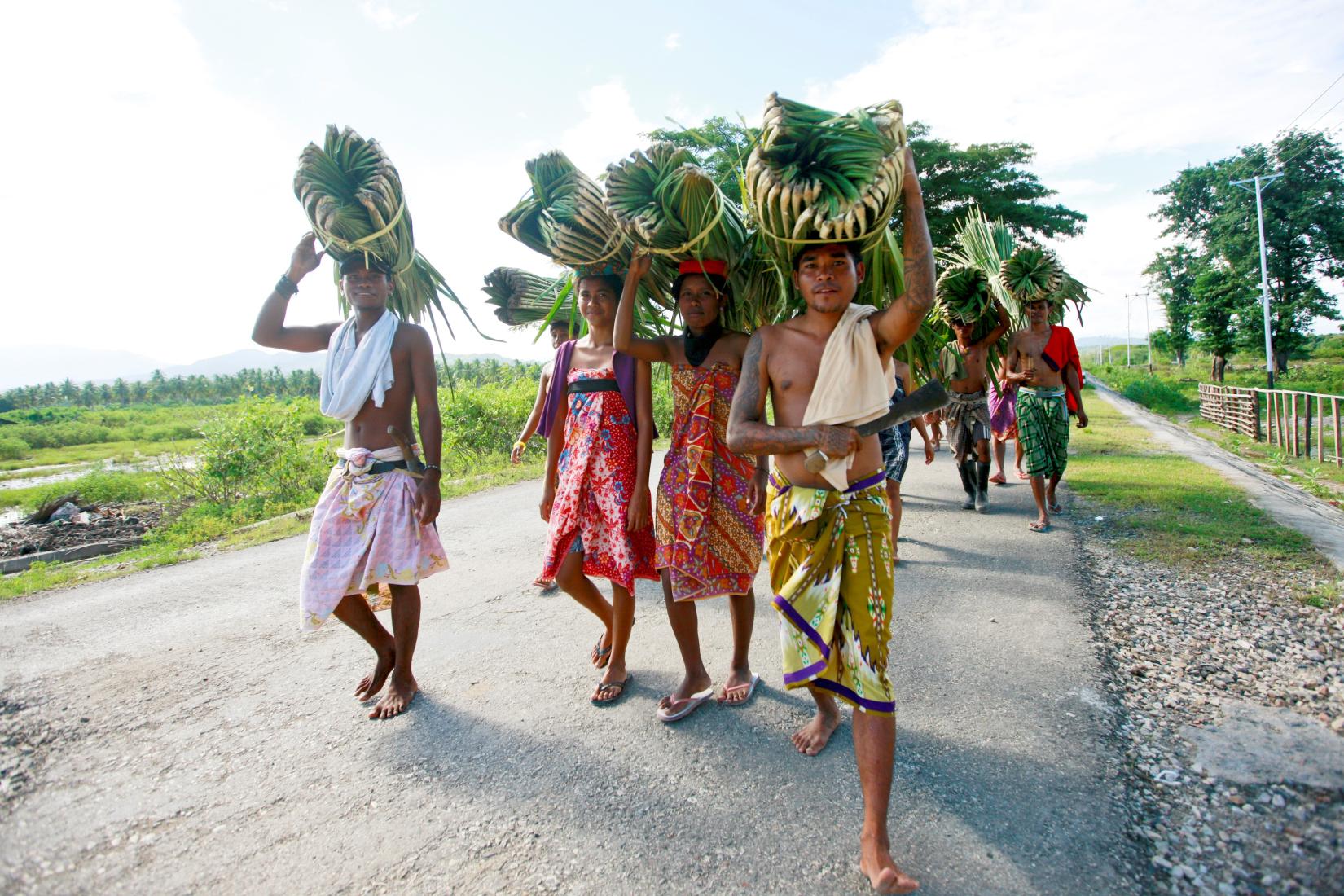The United Nations in Timor-Leste
The UN has played an essential role in supporting the democratic process and sustainable development in Timor-Leste. The UN Transitional Administration in East Timor (UNTAET) was deployed from 1992 to 2002 to administer the territory, exercise legislative and executive authority during the transition and support capacity-building for self-government.
In 2002, as an independent country, Timor-Leste joined the UN, and a new UN mission was created (UN Mission of Support in East Timor, UNMISET) to support core administrative structures until UNMIT was put in place in 2006. The 2015–2019 UN Development Assistance Framework (UNDAF) period was the first time since the restoration of independence in 2002 that the UN mandate had focused solely on sustainable development without the presence of a UN peacekeeping or political mission.

The confidence entrusted in the UN by the people and the Government of Timor-Leste as a neutral and impartial development partner is founded on the history of the UN in-country, starting from the country’s independence. Over the past twenty years, the UN has accompanied the country’s journey, with currently 21 resident and non-resident agencies, including UNODC, UN Technology Bank, and International Telecommunication Union.
The relationship of trust with the people and the Government of Timor-Leste allows the UN to effectively play a policy development and advocacy role at all levels. As a multilateral international organization, the UN in Timor-Leste bring knowledge, expertise, experiences, lessons learned, and innovative approaches from other countries and regions, including through the facilitation of south-south and triangular cooperation. The UN is also well-suited to Timor-Leste’s capacity to deal with cross-boundary and regional issues, including health epidemics, migration, maritime issues, organized crime, and cross-border cooperation.


















